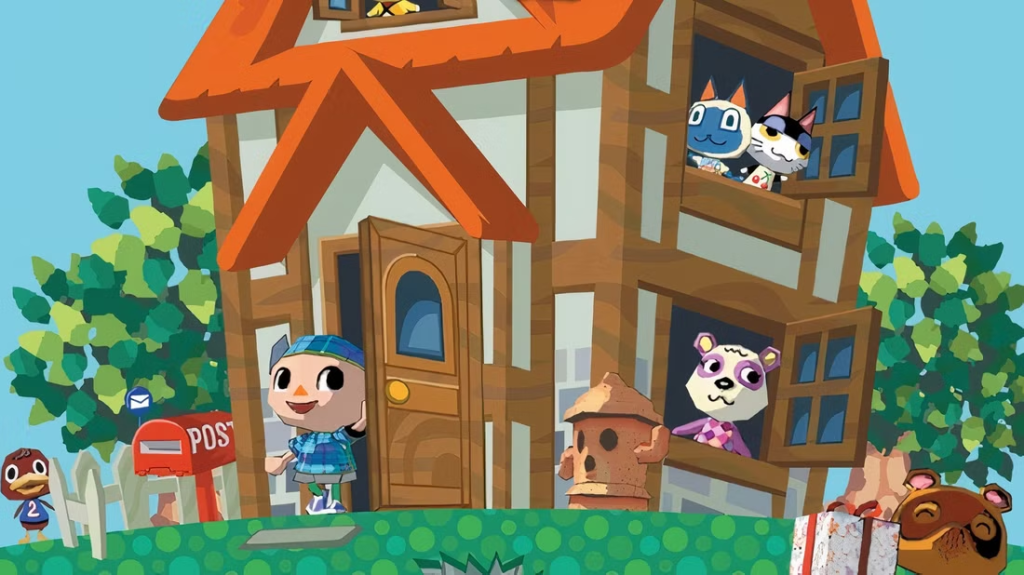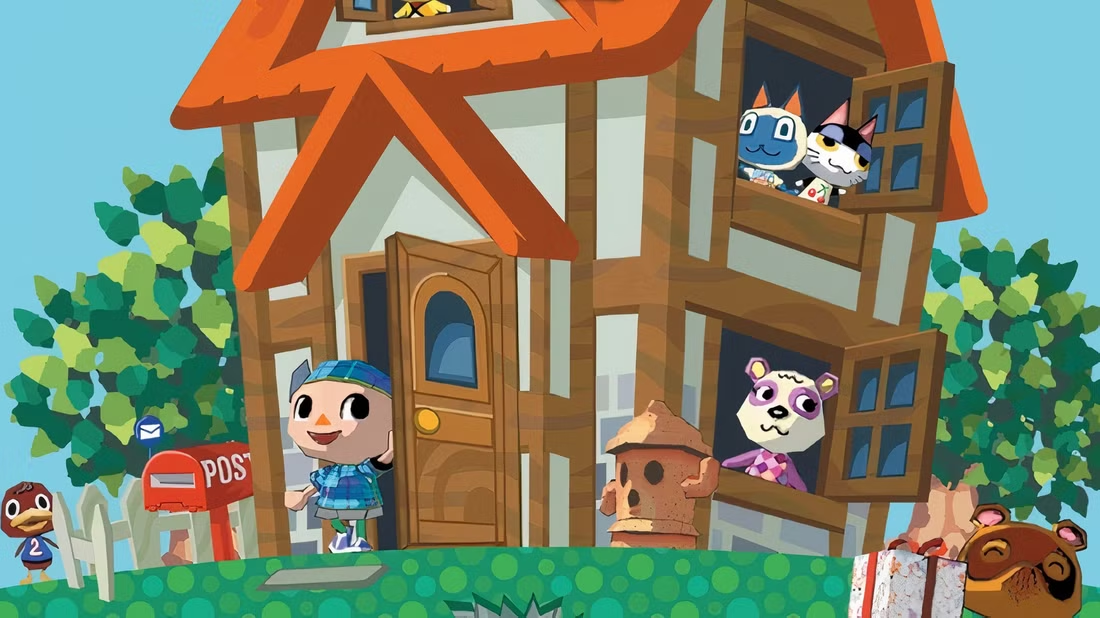Animal Crossing Almost Had a Completely Different Name
The beloved Animal Crossing franchise, celebrated for its charming village life and anthropomorphic animal residents, was not always destined to capture a global audience. Originally released in Japan in 2001 as Dōbutsu no Mori (Animal Forest) for the Nintendo 64,...
Đăng bởi:Ngân Anh | 10/09/25
The beloved Animal Crossing franchise, celebrated for its charming village life and anthropomorphic animal residents, was not always destined to capture a global audience. Originally released in Japan in 2001 as Dōbutsu no Mori (Animal Forest) for the Nintendo 64, the game was deeply rooted in Japanese culture, presenting Nintendo’s localization team with one of their most complex challenges to date.

Led by Leslie Swan, the team spent six months to a year translating thousands of lines of dialogue, adapting character names, and reworking culturally specific references to make the game accessible to Western players. Even Satoru Iwata, then-president of Nintendo, reportedly burst out laughing upon hearing about the immense task of translating such a culturally entrenched title, acknowledging the challenge with characteristic humor.

One of the most notable changes was the game’s title itself. While the literal translation “Animal Forest” accurately reflected the original, it was considered too plain for Western audiences. After considering alternatives, including “Animal Acres,” Nintendo ultimately settled on Animal Crossing. Character names were also reworked to resonate with Western players, Tanukichi became Tom Nook, among other changes, ensuring that the game felt relatable without losing its original charm.
Cultural adaptation extended beyond names. Japan-specific holidays, such as the Cherry Blossom Festival, were replaced with events more familiar to Western audiences, and items and clothing referencing Japanese culture were renamed or redesigned to maintain clarity and sensitivity. These adjustments were not mere cosmetic tweaks; they were essential to preserving the game’s immersive experience while making it accessible across cultures.
Despite these extensive changes, the core appeal of Animal Crossing remained intact. Its focus on community, creativity, and relaxation resonated with players around the world, transforming what was once a niche Japanese title into a beloved global franchise. The careful, culturally sensitive localization ensured that the game’s universal themes could be appreciated internationally, solidifying its place as a standout in video game history.
From Dōbutsu no Mori to Animal Crossing, Nintendo’s localization efforts exemplify the artistry and complexity required to bring a culturally specific game to a worldwide audience while retaining its heart and charm.







